Asia-Pacific Forum on Sustainable Development 2025 Sets Agenda for Transforming Regional Care Systems
Date:
Author: Montira Narkvichien
(BANGKOK, Thailand) – Leaders from governments, international financial institutions, and the private sector gathered at the Asia-Pacific Forum on Sustainable Development (APFSD) 2025 to discuss urgent reforms in care systems. With a focus on sustainable care investments and integrating care into national social protection policies, the event aimed to ensure improved support for vulnerable communities, particularly women and girls.
Held as a pre-event to APFSD 2025, which runs from 25-28 February in Bangkok, the discussion set the stage for regional collaboration. The event underscored the need for immediate action, with experts highlighting the economic and social value of transforming care systems.
A highlight came from UN Women Regional Director for Asia and the Pacific, Christine Arab, who delivered the keynote address. “Transforming care systems in Asia and the Pacific demands recognition of the immense value of care work to economies and societies. We must adopt a life-cycle approach, addressing how care responsibilities impact women and girls at every stage, and recognizing care as a key pillar of social protection, especially for low-income, migrant, and marginalized groups. The time for action is now,” she said, emphasizing that coordination among development actors is essential for advancing sustainable development.
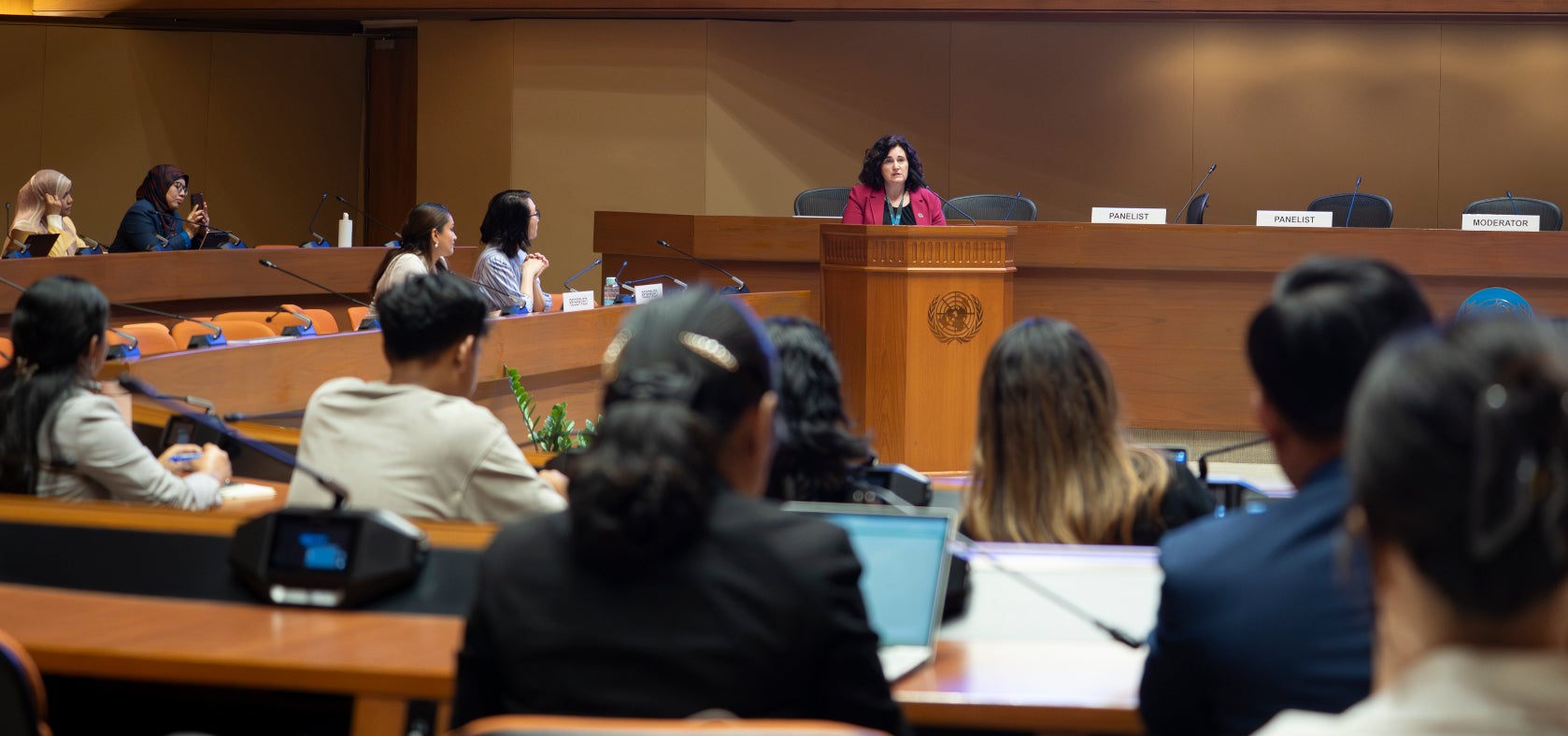
In an opening presentation, Cai Cai, Chief of the Gender Equality and Social Inclusion Section at ESCAP, presented ESCAP’s policy framework on care to encourage holistic policy measures to forge effective care systems. “Harnessing local wisdom and practices is key to crafting care models that serve our communities. By integrating these insights with new strategies, we can build care systems that adapt to modern challenges and remain rooted in our cultural heritage,” she said.
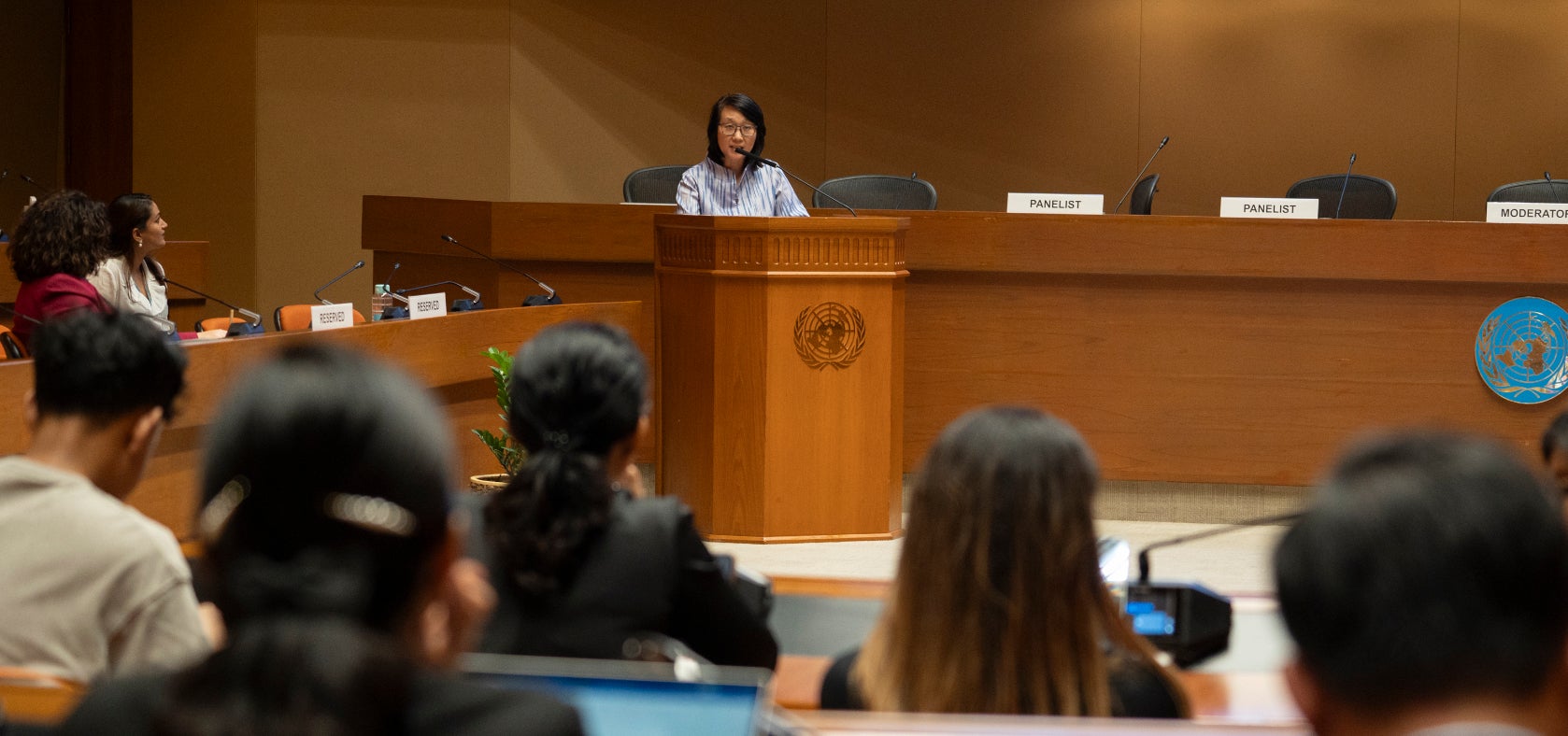
Adding to the dialogue, YB Puan Anfaal Binti Saari, State Executive Councilor from the Selangor State Government in Malaysia, presented the provincial government’s new policy framework for transforming care, calling for policy measures to address urban and rural care challenges. She highlighted the need for gender-transformative social welfare frameworks that support women amid urbanization and rapidly changing demographic trends in Asia and the Pacific.
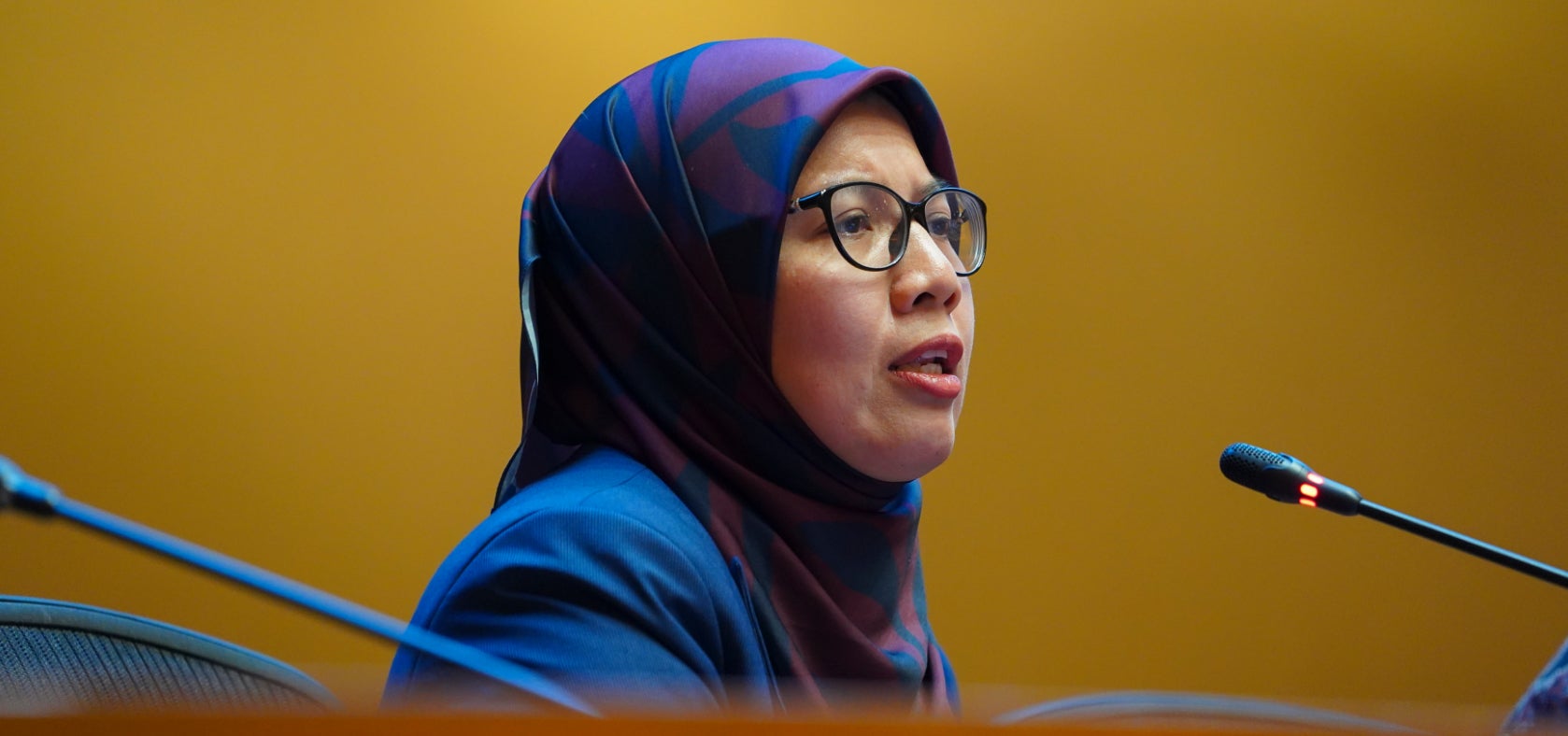
Meredith Wyse, Senior Social Development Specialist for Aging and Care at the Asian Development Bank, stressed the importance of adapting financing strategies to meet the needs of aging populations. She noted that a reformed care system should integrate intergenerational support while promoting gender equity and economic sustainability.
Wyse also stressed the importance of targeted investments that accurately identify the type of demands in a particular local context to channel public and private financing in the most effective manner to serve the existing needs of the most vulnerable.
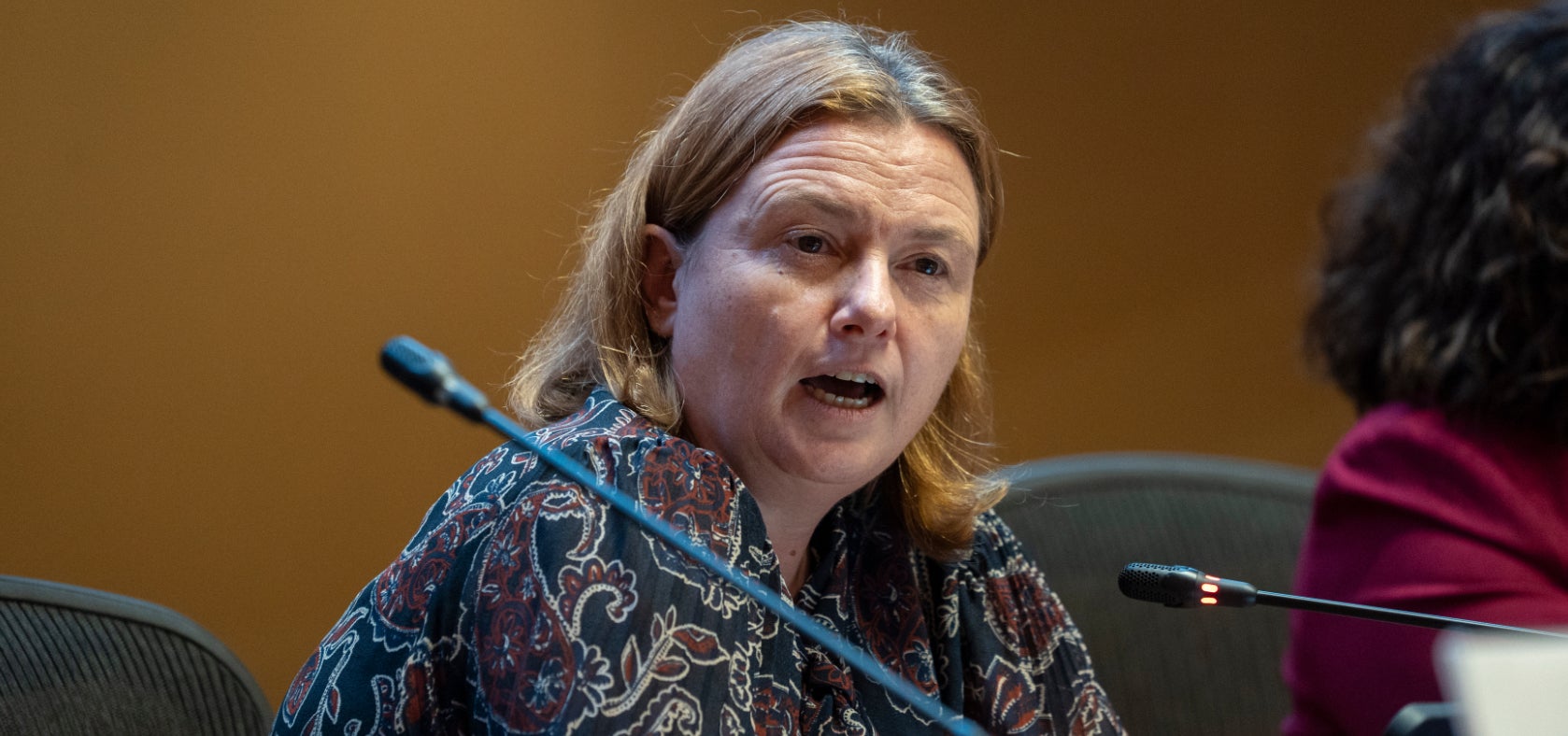
Susan Nio, CEO of LoveCare Indonesia, offered perspectives from care enterprises. She advocated for a whole-of-government and whole-of-society approach, arguing that while care is clearly a public good, yet the private sector can be a key partner for innovation and bottom-up care delivery.
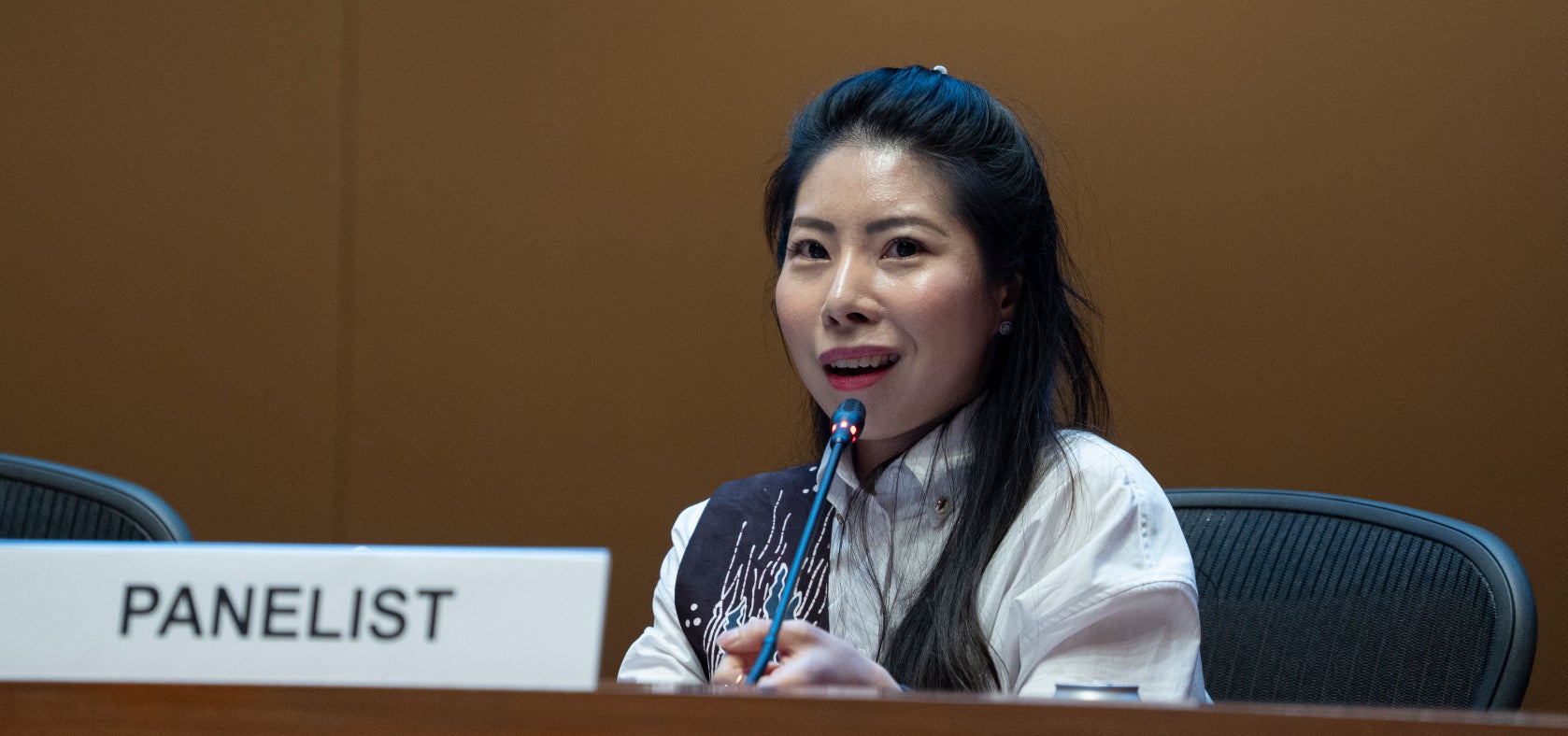
The discussion highlighted that improving care systems is not just a social issue—it is key to economic stability and empowering women. As Asia-Pacific countries face population changes, the event encouraged collaboration across sectors to improve care services and support caregivers.
Since women carry most caregiving responsibilities, often facing challenges like migration and financial struggles, APFSD 2025 stressed the need for fair and inclusive policies. Speakers, including Arab, Saari, Wyse, and Nio, called for urgent action, emphasizing that investing in care is crucial for strong economies and fair societies.
With the World Summit for Social Development 2025 in Doha approaching, insights from APFSD 2025 will help shape global commitments to better care systems, gender equality, and social protection.